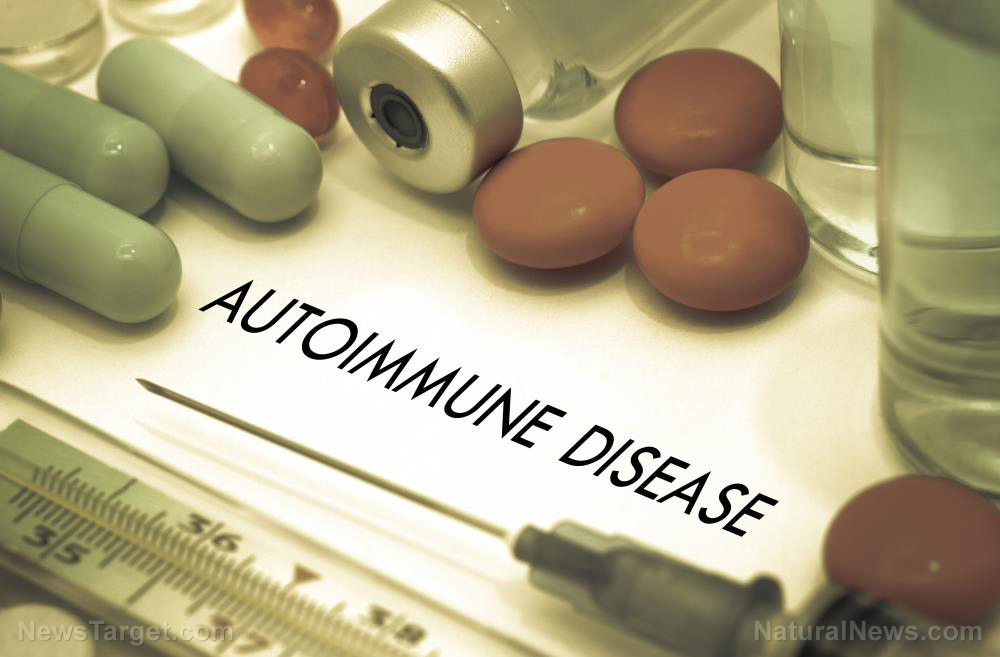
Oranges are among the most ubiquitous fruits in the world. You can find them even in countries that don't actually cultivate them. As a citrus fruit, known as a group for being highly nutritious, you'd be right in expecting it to have multiple health benefits as well.
In fact, an Australian study, published in the American Journal of Clinical Nutrition, confirmed that eating oranges can help allay the risk of macular degeneration. The study involved 2,000 older Australian adults and found that eating at least one serving of orange a day can reduce the risk of developing the condition by up to 61 percent 15 years down the line. The benefits of consuming the fruit were so great that even just one orange a week promised significant eye health benefits.
The authors attributed these effects to the antioxidant and anti-inflammatory flavonoids present in oranges, as well as other fruits and vegetables. Interestingly, they found no data supporting the ability of apples, tea, and red wine – all of which are rich in flavonoids – to protect the eyes from macular degeneration. They concluded, therefore, that flavonoids present in oranges, but not in the aforementioned food and beverages – are responsible for the benefit.
Analysis has revealed the presence of high concentrations of lutein and zeaxanthin in oranges. These are carotenoids, plant pigments, that give oranges their characteristic yellowish and orange hue. Both lutein and zeaxanthin are also found in the eye's macula, the central part of the retina, giving it a distinct yellowish color. Studies have shown that consuming foods rich in lutein and zeaxanthin helps maintain the density of the macula's pigment, protecting it from degeneration and dysfunction.
Besides these nutrients, the flavonoid content of oranges includes hesperidin, naringen, quercetin, and limonene. Like other citrus fruits, oranges are also a good source of vitamin C, one of the most powerful antioxidants in nature. Antioxidants neutralize free radicals that damage the cells and cause a variety of negative health effects, among which is the early onset and progression of macular degeneration.
Other foods that are good for your eyes
For most people, vision is the most dominant sense. The eyes also happen to be very sensitive, however, and must be taken care of to ensure optimal functionality. Following a healthy diet that includes foods rich in eye-friendly nutrients is one of the best ways to care for your eyes. Here are the foods you need to consume for healthy eyes:
- Fish – Fatty fish, such as salmon, are a good source of protein, the basic building block of your body's tissues. It also contains omega-3 fatty acids that ensure proper visual development and helps maintain the health and function of your retina. Omega-3s also act as a lubricant that helps prevent dry eyes.
- Eggs – Like fish, eggs contain plenty of protein and a bunch of other nutrients that are good for your eyes. These include lutein and zeaxanthin. Egg yolks are also rich in vitamin A that maintains a healthy cornea, the outer surface of the eye, and zinc that protects the retina and improves night vision.
- Almonds – These nutritious nuts are filled with vitamin E, another nutrient crucial to healthy eyes. In fact, vitamin E is recognized as one of the nutrients you need to delay age-related macular degeneration and even cataracts.
- Carrots – These delicious vegetables are among the best sources of vitamin A and beta-carotene, both of which protect the surface of the eye and aid in preventing infections, among other eye conditions.
- Kale – You've been told that leafy greens are good for you. Kale is one of the most nutritious greens out there. It contains lutein and zeaxanthin, as well as important vitamins, minerals, and other nutrients you need for healthy eyes.
Discover the other health benefits of oranges at Fruits.news.
Sources include:
Please contact us for more information.























